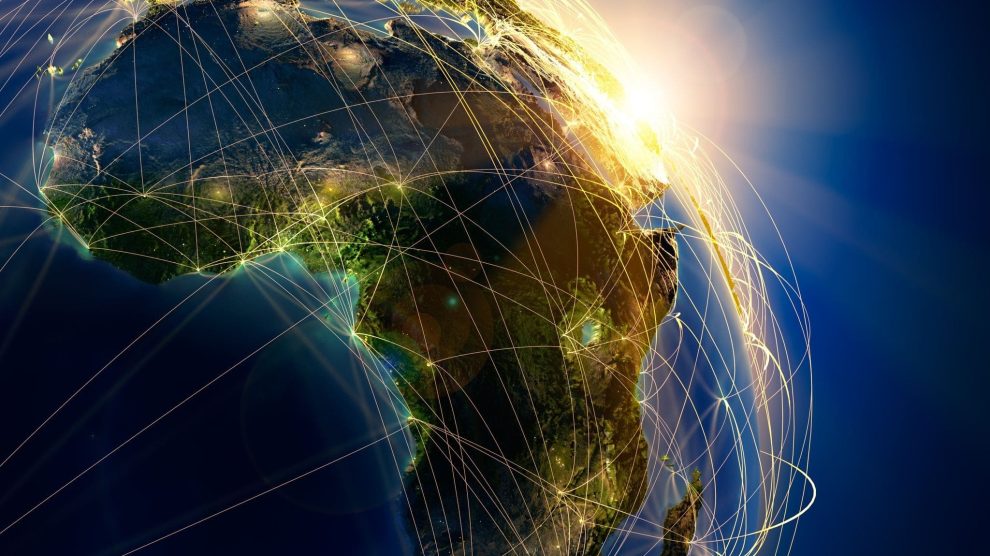Time to reframe Africa. The evolving relations between the continent and Western nations demand a paradigm shift from paternalistic donor-recipient dynamics to a partnership based on respect, equity, and mutual benefit. That’s the key takeaway from “Is Africa turning against the West?” the latest report from the Italian Institute for International Political Studies, providing a newfound perspective at a time of profound transformation and global competition.
- This comes at a time of intense debate over the issue, which is central to both the European Union and Italy’s foreign policy.
- As explored below, Rome has an outsized role in the matter, including through its G-7 chairmanship in 2024 and its national efforts.
A step back. Countries in sub-Saharan Africa are repositioning themselves on major global issues, as evidenced by UN voting and diplomatic activity, marking a distancing (or at least a more critical approach) in both the rhetoric and positions of African leaders and public opinion towards the West, notes the report. As it strives to become a key player in Africa’s development, the EU must demonstrate its commitment through concrete actions and policy shifts – addressing African concerns, delivering on promises, and promoting fair and sustainable partnerships.
Stop infantilising. The report suggests a series of core considerations for reinvigorating EU-Africa ties, with the starting point being the need to reframe Western perspectives to acknowledge and address the deep-rooted perceptions of Africa as a continent perpetually in need of external assistance, dismissing paternalistic language and practices and recognising Africa’s own development priorities and agendas.
- African countries have expanded their partnerships, seeking greater autonomy in decision-making and aligning with partners who respect their sovereignty. Thus, the EU must embrace this shift and actively engage with African priorities, including the African Union’s Agenda 2063.
Work on practical issues. ISPI’s solutions range from balancing economic interests and sustainability (particularly in the energy and critical minerals sectors) and delivering on commitments about development projects capable of fostering the quality of livelihoods (such as the EU’s Global Gateway initiative), ensuring that investments translate into tangible benefits for African communities.
- The solution also entails effective responses to the continent’s numerous humanitarian emergencies (often exacerbated by climate change and conflict), providing timely and adequate support.
- This matter overlaps with migration management, which remains a sensitive topic but must be overhauled, as the EU should recognise it as a potential development asset and focus on creating pathways for regular migration – while also investing in human capital development in origin countries.
- Finally, since Africa has called for UN reform to address global power imbalances, the EU should engage constructively by recognising the legitimacy of African concerns and supporting efforts to make the UN system more equitable and effective.
Italy’s central role. The African continent has become central to Rome’s foreign policy approach. At the international level, the government has vowed to make it and the Global South a priority of the 2024 G-7, inviting the African Union as a guest after having actively worked alongside India to include it in the G-20.
- Meanwhile, Italy is working to intensify political and economic ties with a range of African countries, including by kickstarting the “Rome Process” on development and migration with a raft of African countries.
- Its actions follow the spirit that will underpin the upcoming Mattei Plan, a blueprint to reinvigorate “non-predatory” cooperation with African states that follows in the tracks outlined by ISPI’s report.
- In parallel, Parliament’s Intelligence Committee is working on an Africa report, which will aid in providing the basis for a more systemic approach as Rome works to hold the Italy-Africa Summit early next year.




